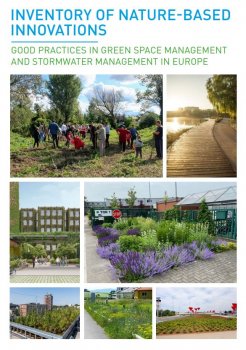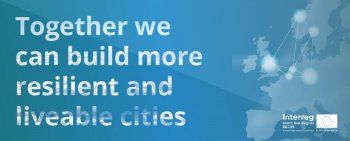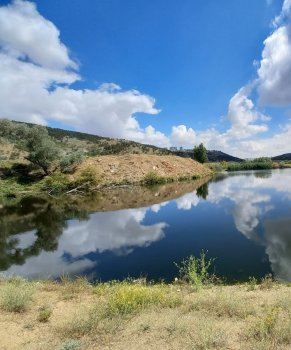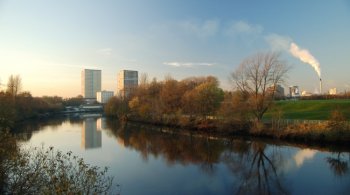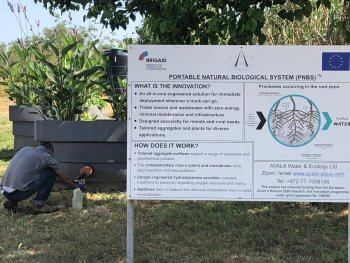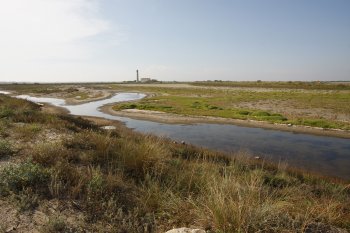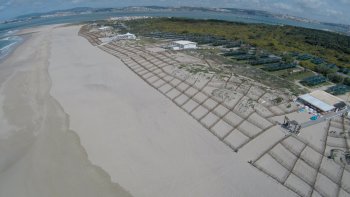INVENTORY OF NATURE-BASED INNOVATIONS
The Erasmus+ project „Nature-Based Innovations for Urban Forest and Rainwater Management” supports communities and local authorities in combating climate change through the identification of good practices and the dissemination of innovative solutions and manuals addressed to local authorities, stakeholders, and associations to improve policies and practices to counter climate change from an environmental, social, and economic point of view.

